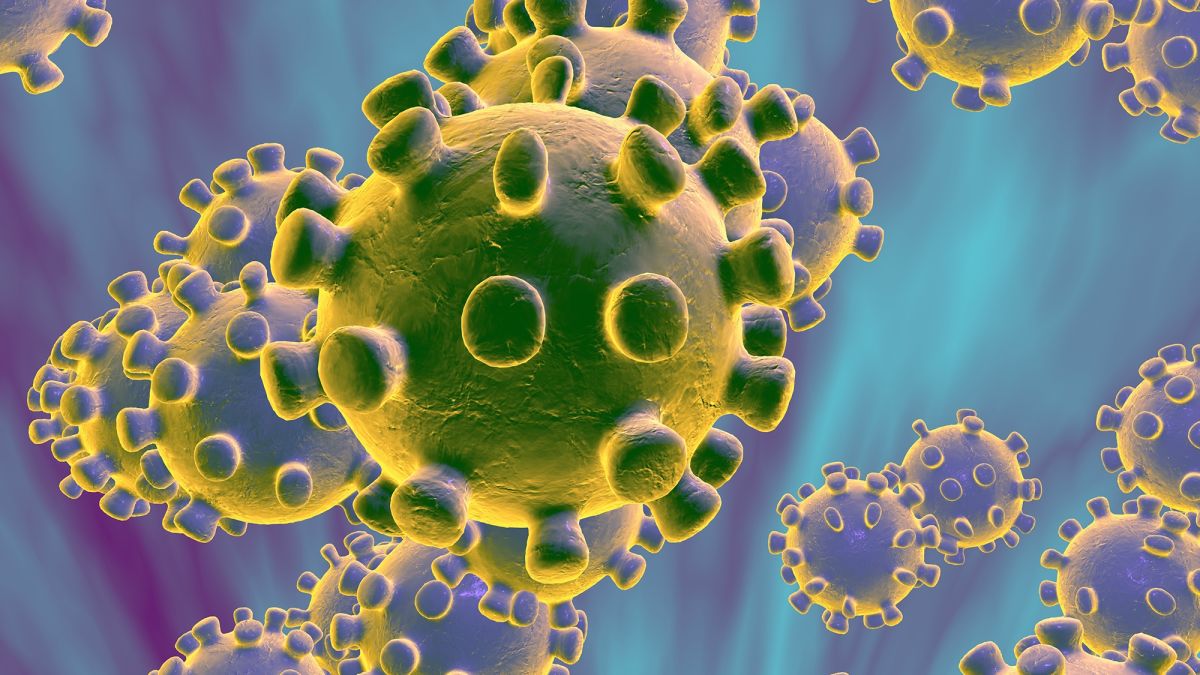A kind of medicine used to treat blood cancer can also prevent the spread of breast cancer, according to researchers at the Mayo Clinic in Florida.
This is the result of research by US scientists tested on animals. According to the study, the drug decitabine turns on a gene coding for protein D1 kinase (PRKD1) which has the ability of cancer cells: to separate from a tumor and spread to distant organs.
“Treatment with low doses of decitabine in an animal model of breast cancer restored PRKD1 expressions, reduced tumor size, and blocked metastasis to the lung,” says the study’s senior investigator, Peter Storz, Ph.D., a biochemist and molecular biologist at Mayo Clinic in Florida.
“We hope this study offers a new avenue to prevent breast cancer from becoming aggressive and untreatable.” Dr Storz said.
“Our hope is that this test can be further developed and used to predict which patients are at risk for cancer metastasis.” Dr. Borges says.
Decitabine, approved by the US Food and Drug Administration for the treatment of some blood cancers, is a demethylating agent. This drug can switch on beneficial genes such as PRKD1 to prevent cancer cells from growing. This process may happen similarly with the patients with breast cancer.
Therefore, the researchers hope this study will help them to design a clinical trial in collaboration with Mayo Clinic physicians using decitabine to treat the breast cancer.












